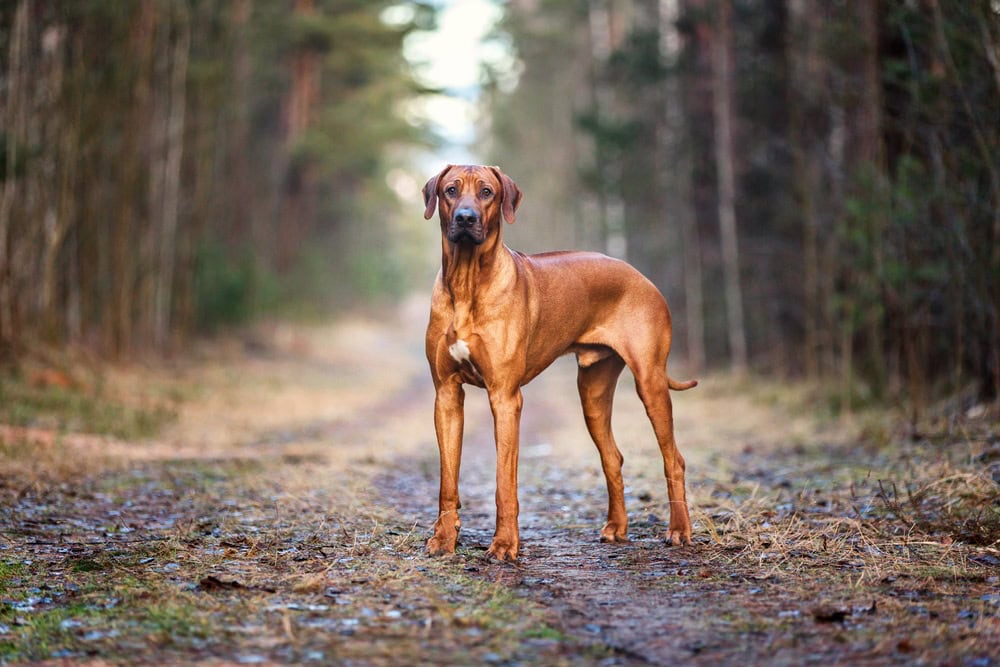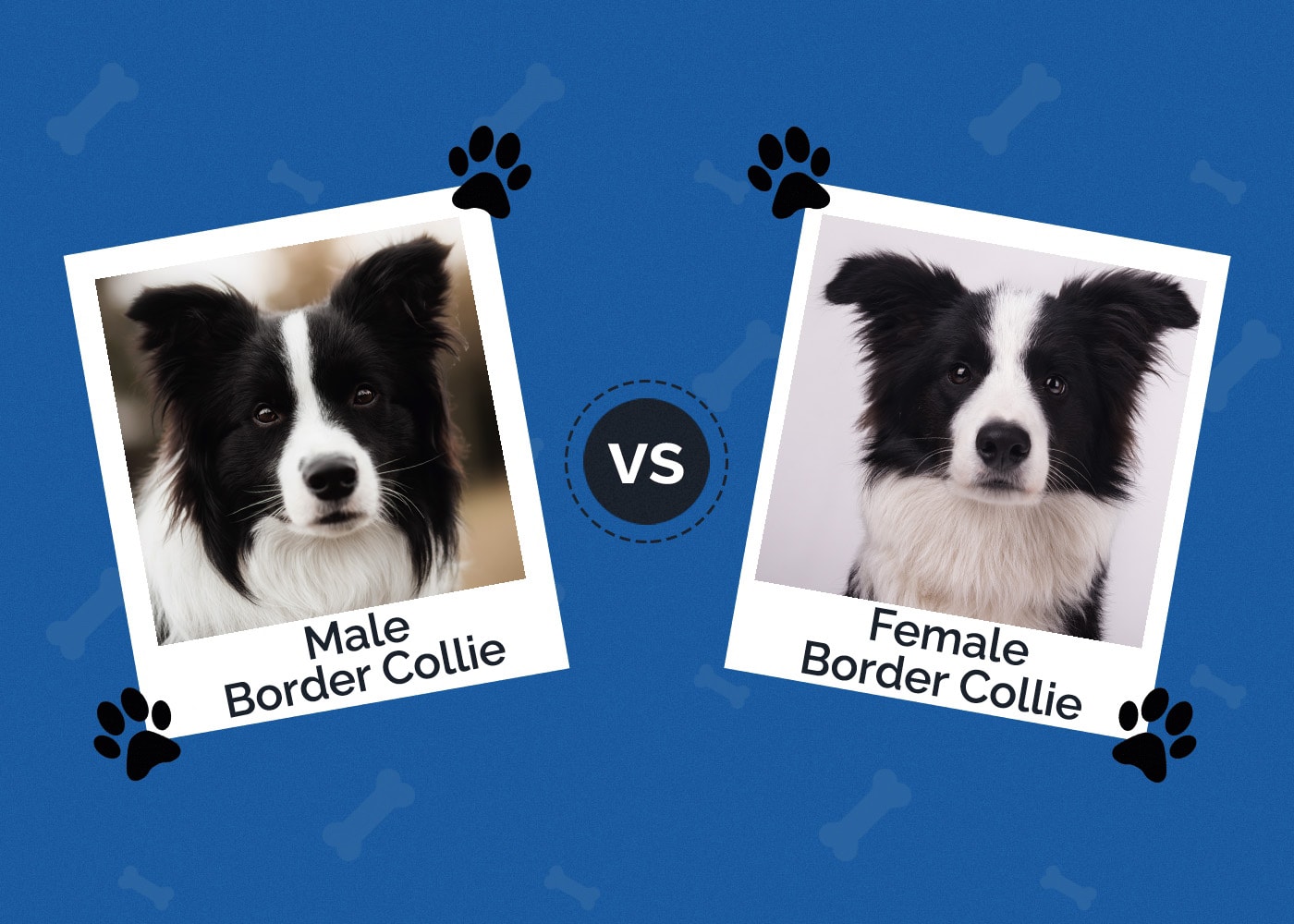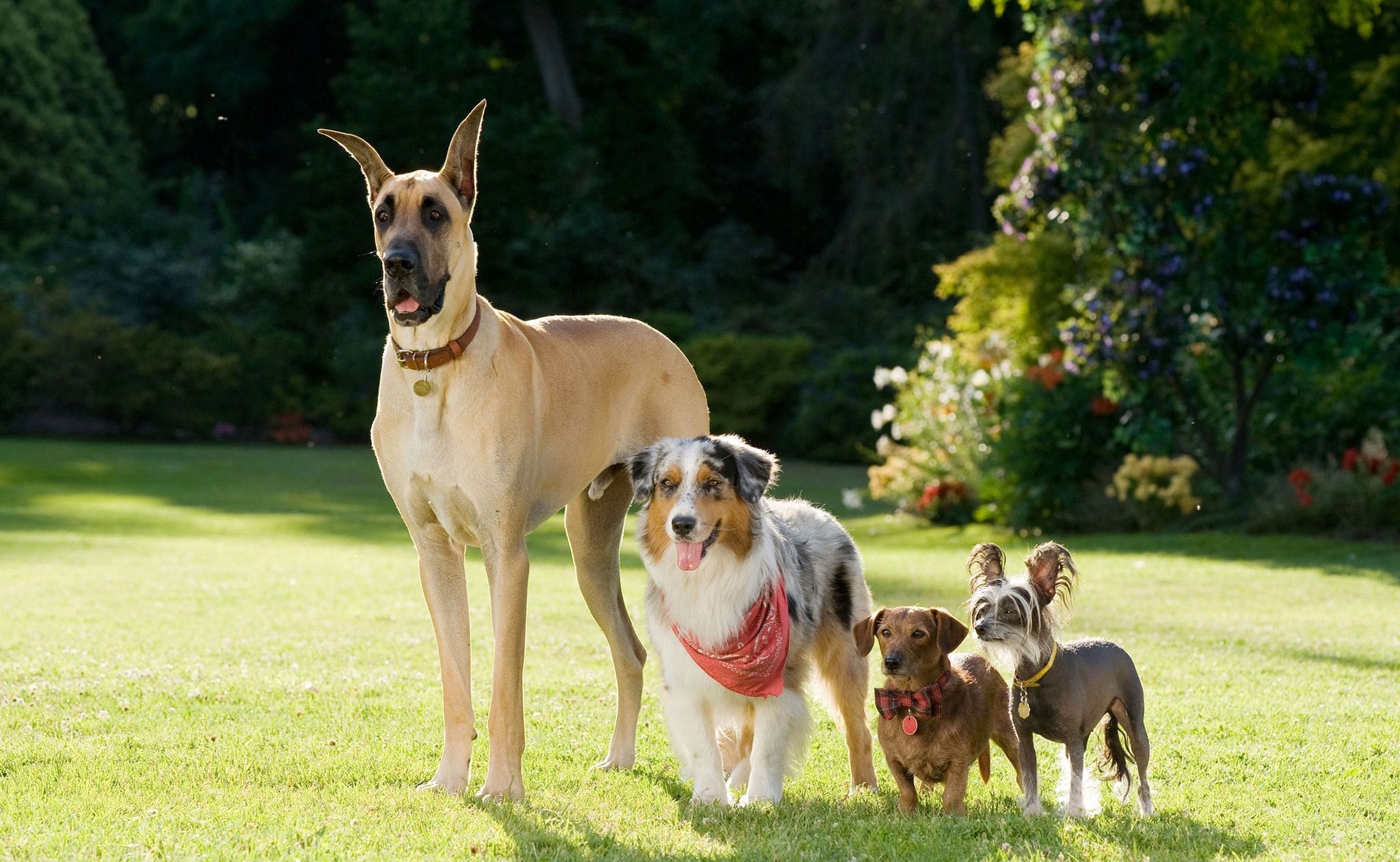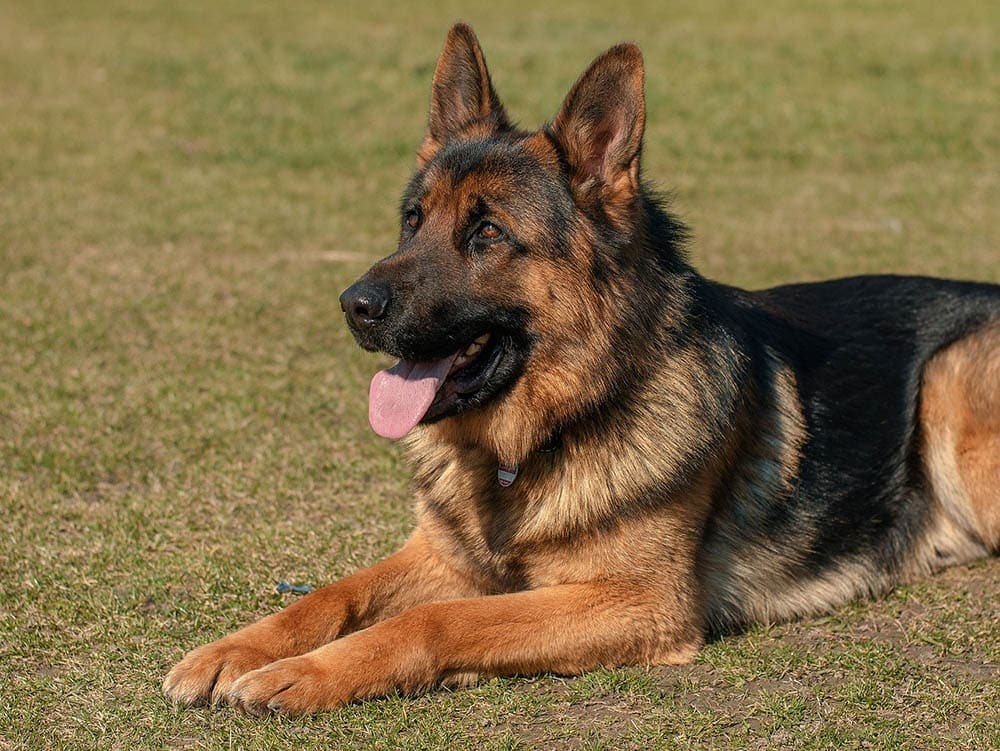Are Rhodesian Ridgebacks Aggressive? Prevention & Safety Tips

Updated on

As its name simply suggests, the Rhodesian Ridgeback is a dog that originates from Rhodesia with a ridge on its back. However, there is a lot more to this breed than that. They were bred as hunting dogs, specifically to hunt lions, and if you think of a breed with that kind of role in history, it can easily lead one to believe that a lion hunter must be one of the most fearless and perhaps aggressive breeds out there.
If you are considering adopting a Rhodesian Ridgeback, you will have an excellent, gentle companion on your hands, but has its lineage made the dog more inherently aggressive? While they are energetic and protective, they are generally not aggressive. In this article, we’ll discuss aggression in dogs a bit deeper so you will better understand the Rhodesian Ridgeback’s temperament.
What is the History & Temperament of a Rhodesian Ridgeback?
Along with a dog’s upbringing and experiences through life, genes can play a role in its behavior and tendency to be aggressive, so it’s essential to understand a dog’s history and general temperament before becoming its owner.
The Rhodesian Ridgeback was initially bred by Dutch farmers in Africa using European dogs and semi-wild dogs native to Africa that had “ridges” on their backs. This original crossbreeding was intended to create a dog that could hunt and protect farms and families.
A little more than 200 years later, a different crossbreeding of the Rhodesian Ridgeback was produced to create a dog primarily for lion-hunting operations. The lion dogs had to be bold enough to pursue the king of cats while the hunter set up for the fatal shot, but they also had to understand when it was a losing battle and stand down.
In the early 20th century, enthusiasts started to breed dogs more for their roles as companions and watchdogs than for the rapidly disappearing hobby of lion hunting.
Today, Rhodesian Ridgebacks are quiet and gentle, but the lion hunter’s fearlessness, independence, and loyal traits are still evident. They are wonderful family companions and excellent watchdogs.

Are Rhodesian Ridgebacks an Aggressive Breed?
Rhodesian Ridgebacks are not generally aggressive and are gentle-natured, even though they can be stubborn. They are especially calm and gentle around their families but may show aggression towards strangers and other dogs because they are territorial.
While they are not considered aggressive, like all dogs, they can exhibit certain behaviors which may be regarded as dangerous. They have high energy levels, which can sometimes be a problem, especially around children or new owners. While they are great with children, they may unintentionally knock them over or play too rough. The Rhodesian Ridgeback has a strong prey drive, which can cause it to mistake smaller creatures for prey and chase them.
Their enthusiasm and high energy need to be managed, or they can become destructive by digging up the yard or chewing and tearing up furniture. However, their high-energy nature doesn’t exhibit aggression. Aggression can refer to a wide range of actions that occur for various reasons.
Aggressive behavior in dogs usually starts with warnings and ends with an attack. Aggressive dogs display warnings such as growls, barks, snapping, harsh glares, snarls, and biting.
What Can Make a Rhodesian Ridgeback Aggressive?
In most cases, aggression is either inherited or learned. All dogs are born with a certain amount of hostility essential for survival. Certain dogs are more likely to exhibit aggressive behaviors due to chemical imbalances, instincts, or personalities.
Heritage
Some breeds are more likely to show aggression than other breeds because they were once bred to serve specific tasks such as hunting, fighting, or guarding. While these breeds are now bred more for companionship and less to fulfill their original job, they may still carry the DNA of their ancestors, predisposing them to certain types of aggression. Like many of their ancestors, Rhodesian Ridgebacks were raised to be guard dogs and are known for being extremely territorial.
This may be one of the factors that can cause a Rhodesian Ridgeback to act aggressively. They will do whatever it takes to keep their owners safe, even if that means putting themselves in the way of potential danger. This instinct can extend to their favorite foods, toys, and treats. However, a well-socialized and trained Ridgeback is much less likely to display aggression.

Fear and Anxiety
Most canine aggression is not motivated by malicious intent but by fear and anxiety. Fearful dogs are five times more likely to behave aggressively than dogs that aren’t. A fearful dog will typically withdraw when afraid, but if cornered or trapped, it may turn aggressive.
When hurt, a normally friendly and gentle dog may also become aggressive. This can be due to being injured or from a painful orthopedic condition.
Dogs can be compared to human toddlers in that they occasionally act aggressively out of frustration. When a dog is excited by something but prevented from pursuing it, it may become aggressive, especially toward the person or object preventing it from approaching. This can cause a dog to associate frustration with restraint over time, which may lead to aggressive behavior when restrained.
While many factors can play a role in a dog’s tendency to be aggressive, a dog’s owner can influence the dog’s level of aggression.
Tips to Prevent Aggressive Behaviour & Keep Your Dog Safe
You can do a few things to ensure that your Rhodesian Ridgeback puppy grows up to be calm around people and other animals and prevent any possible aggression.
- You mustn’t be timid around your dog and ensure it knows you are the leader.
- Early socialization and training are crucial.
- Be consistent with your training.
- It’s a great idea to enroll in a top-notch puppy training program if you want to avoid aggression problems in the future.
- Allow people to give your puppy goodies while gently petting it and speaking quietly and calmly.
- Consider handling exercises to get your dog familiar with being handled.
- Make sure your Rhodesian Ridgeback has lots of exercise and space to run around to avoid boredom and destruction.
- Ensure your dog has plenty of mental stimulation along with physical exercise.
- You can divert their interest with a toy or treat if you recognize when they are ready to misbehave.
- If you have kids, make sure they know the dog’s preferences and needs and ask them not to play with the dog when it is eating or focusing on a specific task.
- It’s best to walk your Rhodesian Ridgeback on a leash to prevent it from chasing after any smaller animals it may see running and mistake them for prey.
- Seek professional help if your puppy is still timid after your best efforts at early socialization.

Final Thoughts
Rhodesian Ridgebacks are not naturally aggressive, but like all dogs, they have the potential to be. Many factors contribute to canine aggression, and while genetics can be a factor, a dog shouldn’t be judged on that alone. Rhodesian Ridgebacks may have a history that may assume naturally aggressive behavior, but they can make excellent family dogs free of aggression with the proper training, socialization, and owners.
Featured Image Credit: Osetrik, Shutterstock













